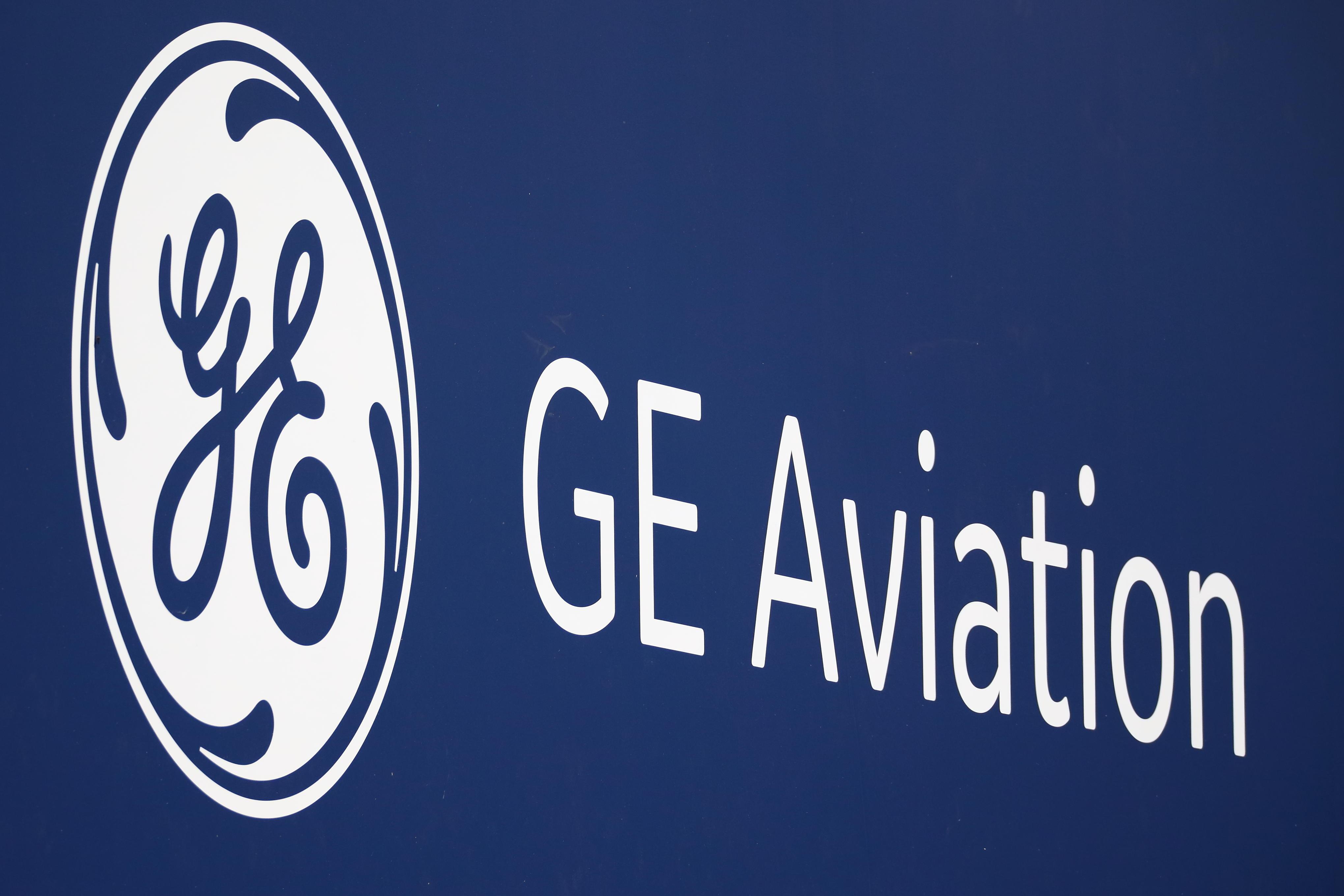What Will Happen To A Standalone GE Aviation After GE Breaks Up?

Credit: Uwe Deffner/Alamy Stock Photo
Seen from the ongoing trend ruling large Western conglomerates in recent years, the newly unveiled breakup of General Electric (GE) into three companies—aviation, health care and energy—is just the latest example of multi-industrial behemoths spinning apart with aerospace a key end-market. But for...
Subscription Required
This content requires a subscription to one of the Aviation Week Intelligence Network (AWIN) bundles.
Schedule a demo today to find out how you can access this content and similar content related to your area of the global aviation industry.
Already an AWIN subscriber? Login
Did you know? Aviation Week has won top honors multiple times in the Jesse H. Neal National Business Journalism Awards, the business-to-business media equivalent of the Pulitzer Prizes.

